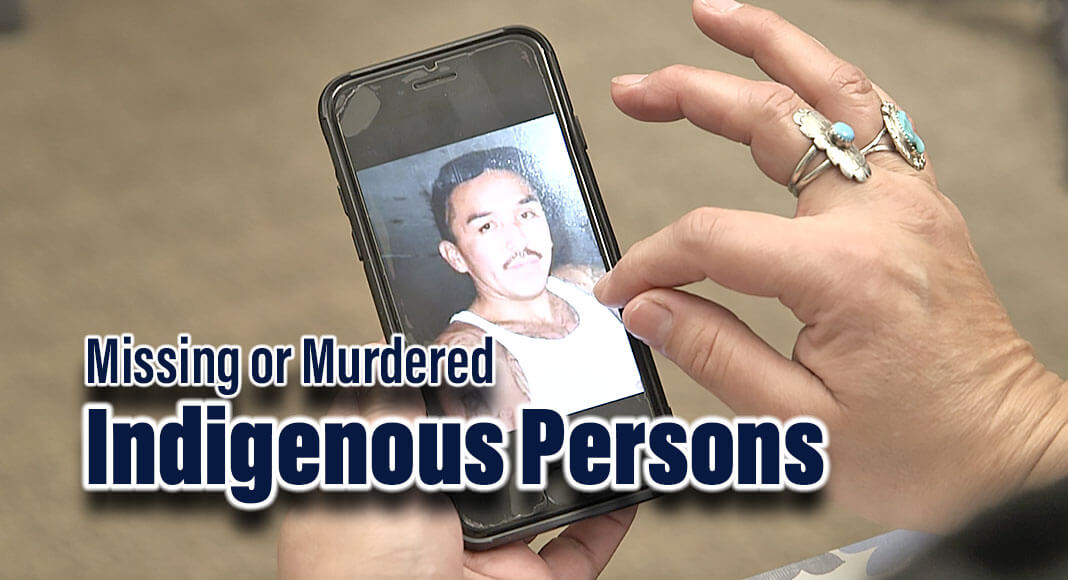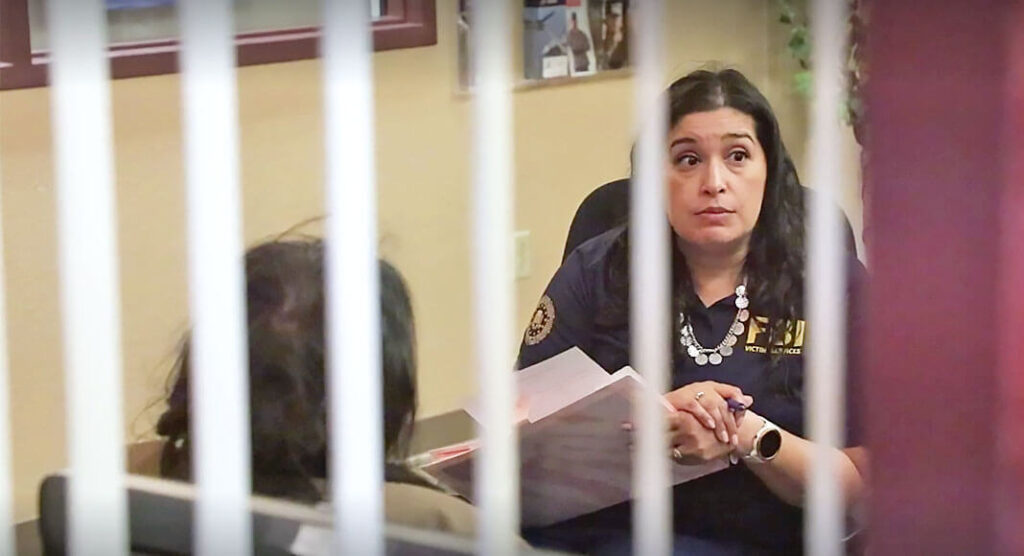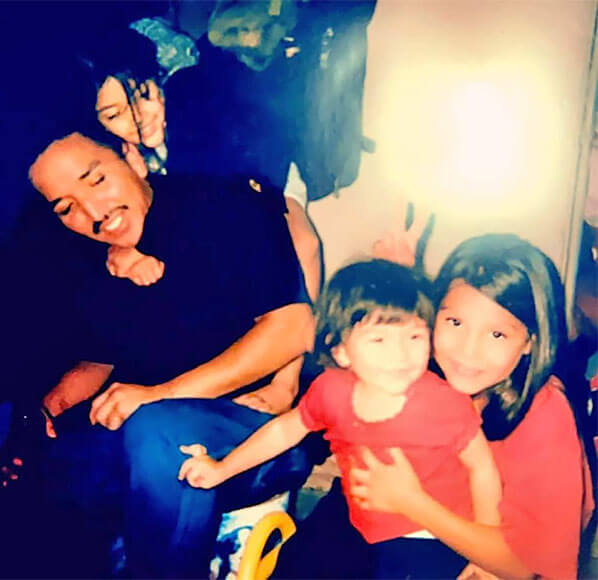
Texas Border Business
Monica Martinez knew something was wrong when her little brother Hector didn’t call.
The siblings had always been close—from childhood on the Salt River Pima Maricopa Indian Community near Phoenix, through Hector’s rambunctious teen years, and into his troubled adulthood spent in and out of jail.
“He always made sure he called, no matter what,” she said. “He could be out having a blast at a party at three in the morning, and he would still call me. He wrote to me all the time when he was in jail. So, when he went missing, and we didn’t hear from him, that was really hard.”

Hector Martinez was 32 years old when he got on a bus 14 years ago in Mesa, Arizona, and disappeared, joining a roster of thousands of American Indian and Alaska Native (AI/AN) individuals who have since been categorized as Missing or Murdered Indigenous Persons (MMIP).
In recent years, federal agencies with legal authority on Native American lands—such as the FBI and the Department of the Interior’s Bureau of Indian Affairs—have redoubled efforts to work with local and tribal agencies to solve MMIP cases. Last year, the Department of Justice made addressing the disproportionately high rates of violence that Native Americans experience—and the large number of Indigenous persons who are reported missing—a priority.
For Monica Martinez, that was all far-off background noise until a victim specialist from the FBI’s Phoenix Field Office called her this spring. The Bureau was holding a Missing Person Identification Project (MPIP) event with local agencies and the National Missing and Unidentified Persons System (NamUs). The victim specialist, Maricela Savalas, wanted to know if Martinez and her family could attend. It would be a chance for the Martinez family to meet directly with federal and local investigators in their community to get updates on cases or provide leads. It would also let them meet with local advocates and service providers.
“The FBI recognizes this, and part of MMIP is to show how can we do a collaboration and close that gap in information,” Savalas said. “What we can do is bridge some of these gaps and provide information to family members in a victim-focused way. We’re going to them and we’re structuring these events for what the community itself needs.”
The FBI investigates the most serious crimes on Native American lands—such as murder, sexual abuse, kidnapping, and violent felony assaults. Missing persons cases like Hector’s fall under the jurisdiction of tribal and local police, or the Bureau of Indian Affairs’ Office of Justice Services, if tribal police request it.
In some cases, like Hector Martinez’s, the family felt like their brother’s disappearance was never fully probed. Monica Martinez said that, at the time, tribal police told her it wasn’t in their jurisdiction because Hector’s last known location wasn’t on tribal land. Local police were initially reluctant to file a missing person report, she said. And once they did, it seemed like too much time had passed.

“I felt like we lost a lot of valuable things in that time,” Martinez said.
Some families have done their own investigations to flush out clues after feeling rebuffed in their initial encounters with police. A few at the Salt River event gave leads to investigators, hoping they might help them assemble the puzzle.
“This is an opportunity to make it right and to do better,” said Savalas, who was a local victim advocate in the Pima County Attorney’s Office in Tucson, Arizona, before joining the FBI.
Communities tend to be close-knit, said Alane Breland, chief prosecutor of the Salt River Pima Maricopa Indian Community. But open-house attendees seemed eager to meet with representatives of agencies that might be able to help. She worked closely with Savalas to organize the event, and she reiterated the importance of the FBI and other agencies meeting with tribal members where they are.
“If you want people to feel comfortable sharing deeply personal information, the least you can do is come to them,” Breland said. “And this shows the FBI is willing to do that. NamUs is willing to do that. The U.S. Attorney’s Office. I think that says a lot. It really builds a bridge.”
“They feel like their cases are important—that someone will come to them and provide that service,” she continued. “So, I think that sends a positive message.”
Future events in Arizona will be on the Gila River Indian Community, the Navajo Nation, the Tohono O’odham Nation, and Pascua Yaqui’s native lands.
Monica Martinez arrived at the March 1 event with her younger siblings. She’s the oldest of four kids—and a single mother of five. She talked about how she and Hector had to step up after their parents died. She said Hector had his troubles, but he was always the first to lend a hand or stand up to bullies if anyone needed it.
“He took care of my mom. He took care of my kids. He always made sure that everything was done,” Martinez said. “He made mistakes, like we all do. But when he could, he was always there for everybody.”
Martinez said her heart jumped when Savalas called from the FBI. She thought there was news of her brother. But the invitation to talk to investigators about his case was the next best thing, she said. She marked it on her calendar weeks in advance and told her siblings to do the same.
“When I heard about the FBI and the community, it felt somebody really cared who was going to really be helpful,” she said. “Today made me feel like something was going to happen, that maybe I’ll get some results. Maybe I’ll get some closure to find out if my brother’s still alive. Today made me feel like there was some resolve. Like something was actually going to get done.”













